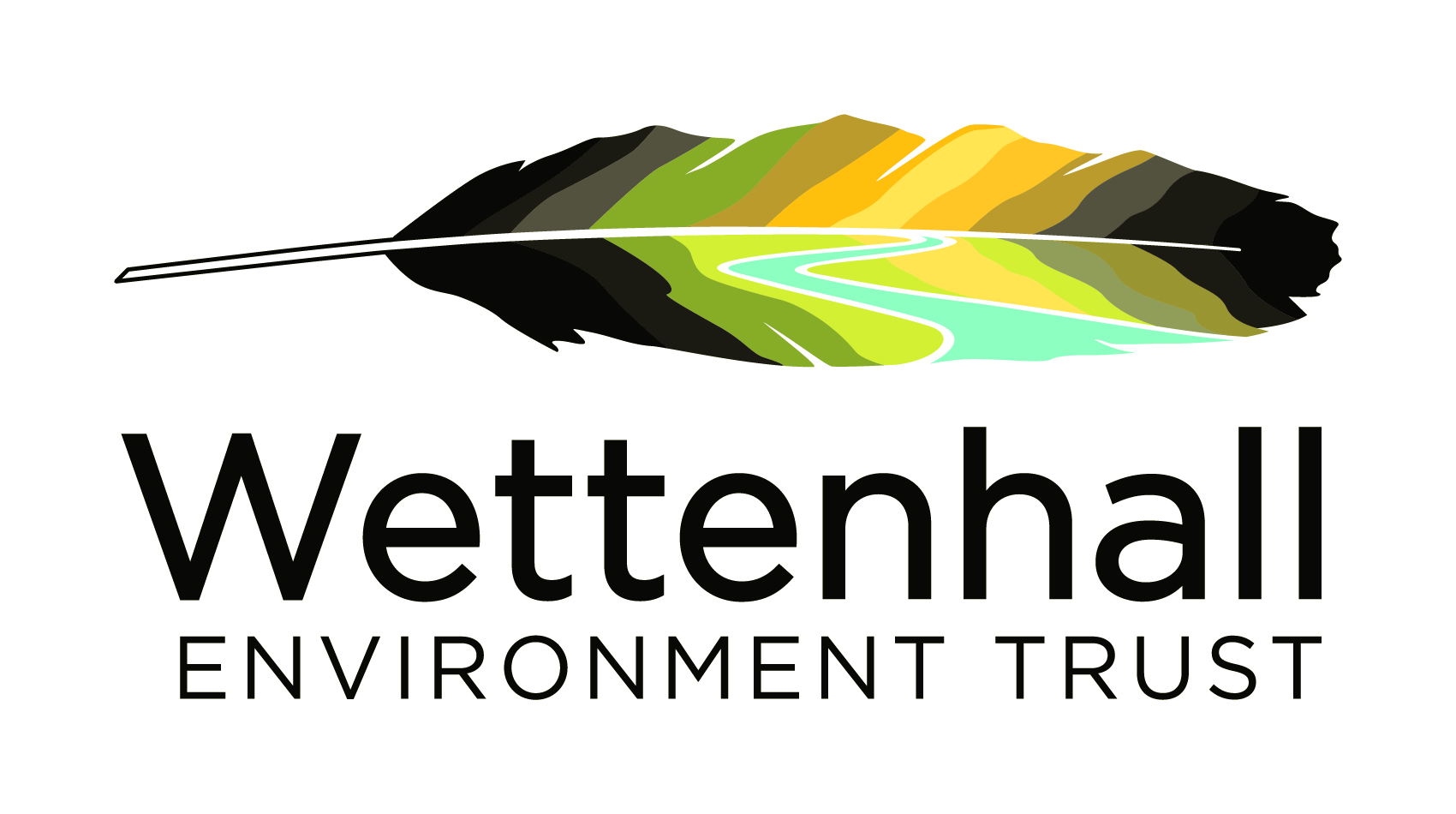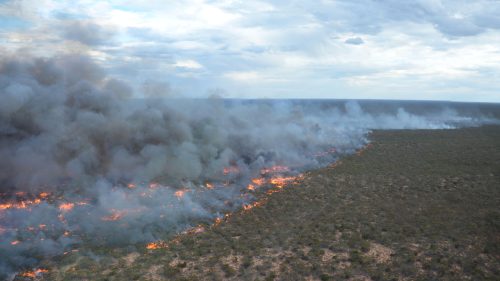Over the next few weeks you can hear Stephen Pyne – US historian and fire policy analyst – speak at a number of events – in Bendigo and Melbourne.
I heard Stephen speak last year. He brings an extraordinary perspective on the history of the development of fire policies in the USA, and in parallel here in Australia. His analysis points to the many failures in these policies – in the past and today.
Here are the five opportunities to hear him, in date order!

Living with Fire: Tues 6 August, 9.30am-2pm,
La Trobe University City Campus Level 20, 360 Collins St, Melbourne.
Bookings essential – Eventbrite ($40/$20 concession)
Humans have been living with fire in the landscape for millennia. However, different groups within society (e.g. indigenous people, urban and rural residents, scientists, govt land management agencies and politicians) can have quite different views on the place of fire in the landscape. Many climatologists predict that the frequency, severity and extent of bushfires will increase under most future climate change scenarios.
La Trobe University’s Centre for the Study of the Inland and its Research Centre for Future Landscapes are bringing people together to discuss constructive ways of valuing different cultural perspectives on living with fire, to address this growing challenge in a sustainable and holistic manner.

With the renowned Professor Stephen Pyne (Arizona State University) delivering the keynote address, followed by presentations from Lee Miezis (Deputy Secretary, Forest, Fire and Regions DELWP, Professor Dick Williams (Charles Darwin University, formerly with CSIRO, Dr Tim Neale (Deakin Uni, ) and Trent Nelson (Parks Vic) and ending with a panel discussion with all the presenters, this will be a seminar not to be missed. Includes morning tea and lunch.
Fire’s American Century:
Wed 7 August, 6-8pm, Melbourne Museum Theatrette.
Bookings essential – Eventbrite – Free

Renowned environmental historian, Professor Stephen Pyne, is the speaker for the 2019 Bernard Bailyn Lecture in North American History. Stephen Pyne will outline how the American fire scene and national policies have evolved from the late 19th century to the early 21st. No-one has written more extensively on fire than Stephen Pyne. And it isn’t only American fires that have piqued his curiosity over the years.
Fire People: Chloe Hooper, Stephen Pyne, Sian Gard
Friday 9 August, 3.15-4.15, Bendigo Bank Theatre
Bendigo Writers Festival: Day or Festival Pass holders only
There are those who light them and those who fight them. Beyond headlines about the ever-increasing danger of fire, the devastation of a firestorm, and the losses that follow, from out of the communities affected come the stories about what happened and how it makes them feel. Stephen Pyne and Chloe Hooper talk to Sian Gard about the way fire changes lives, and about finding ways to describe those experiences. Can writing get close to conveying both the fire and the people whose lives are marked indelibly by it?
Fieldwork:
Saturday 10 August, 1.15-2.15pm, Capital Theatre
Bendigo Writers Festival: Day or Festival Pass holders only
What do we know about the places we live, the bush, the towns by the side of bitumen and dirt, the people who live and work beyond the city cluster? It’s through the curiosity and patient effort of writers who make the journeys and spend time asking the questions that we come to understand the country and people’s place in it. Paul Barclay is joined by three “fieldwork” writers – Gabrielle Chan, Kim Mahood and Stephen Pyne – to ask about where they go, how they travel, what they take with them and what they bring back.
Planning for the Pyrocene: Stephen Pyne and Tom Griffiths
Sunday 11 August, 3.00-4.00pm, Strategem Studio
Bendigo Writers Festival: Ticket for this event
Here we are, in 2019, and it seems we have no idea how to manage fire in our combustible landscape. Does controlled burning help or hinder? What have we learnt from the devastating deadly fires of recent years? Stephen J Pyne has written many books on fire management, including A Fire History of Australia and Fire on Earth. Following the Californian fires of 2018, he has written about the new age we are now entering, calling it the “pyrocene”. Stephen talks with Tom Griffiths about how communities can plan with confidence by understanding their environments and how they are changing.








 The Vic Government is asking for your view on the Loddon Mallee plan for ‘bushfire management’. But I’d rather ask: How should we use fire as a tool to help manage our landscapes for all of the things we value – ecology, people, productivity, safety, culture, aesthetics, recreation?’
The Vic Government is asking for your view on the Loddon Mallee plan for ‘bushfire management’. But I’d rather ask: How should we use fire as a tool to help manage our landscapes for all of the things we value – ecology, people, productivity, safety, culture, aesthetics, recreation?’




